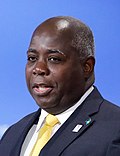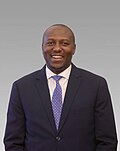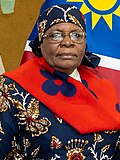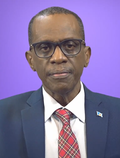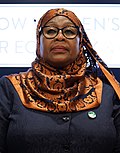This article needs additional citations for verification .(December 2009) |
This article appears to contradict the article List of current heads of state and government .(May 2022) |
The Commonwealth Heads of Government (CHOG) is the collective name for the government leaders of the nations with membership in the Commonwealth of Nations. They are invited to attend Commonwealth Heads of Government Meetings every two years, with most countries being represented by either their head of government or head of state.


